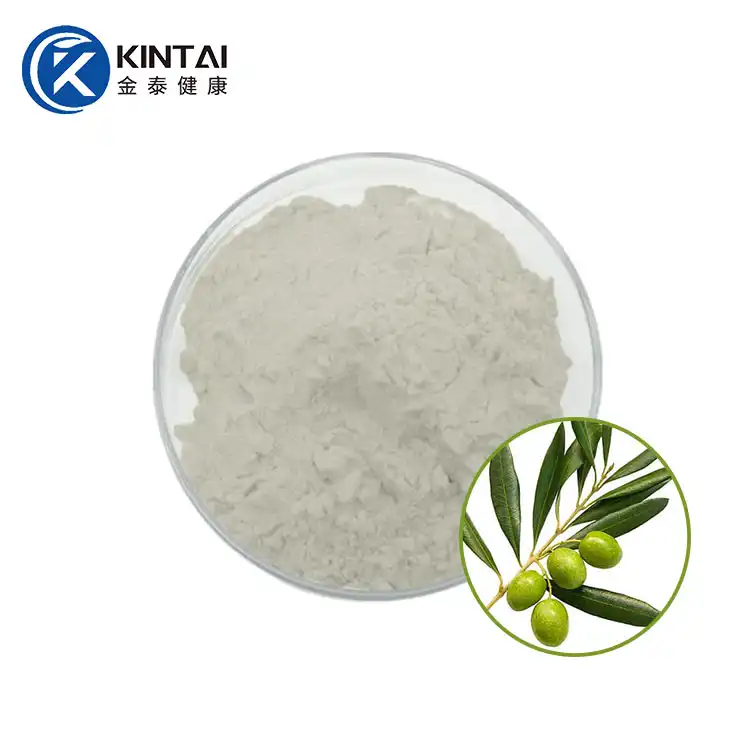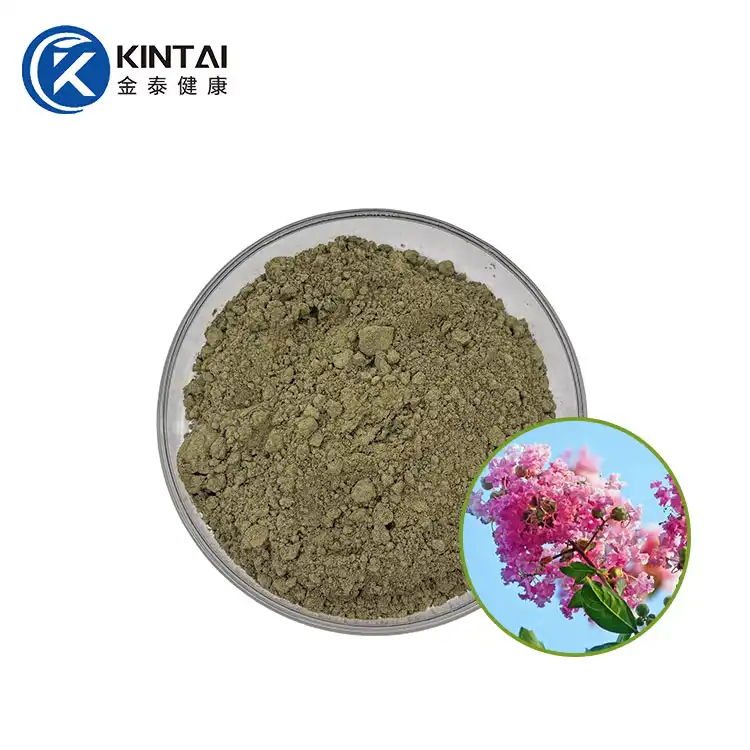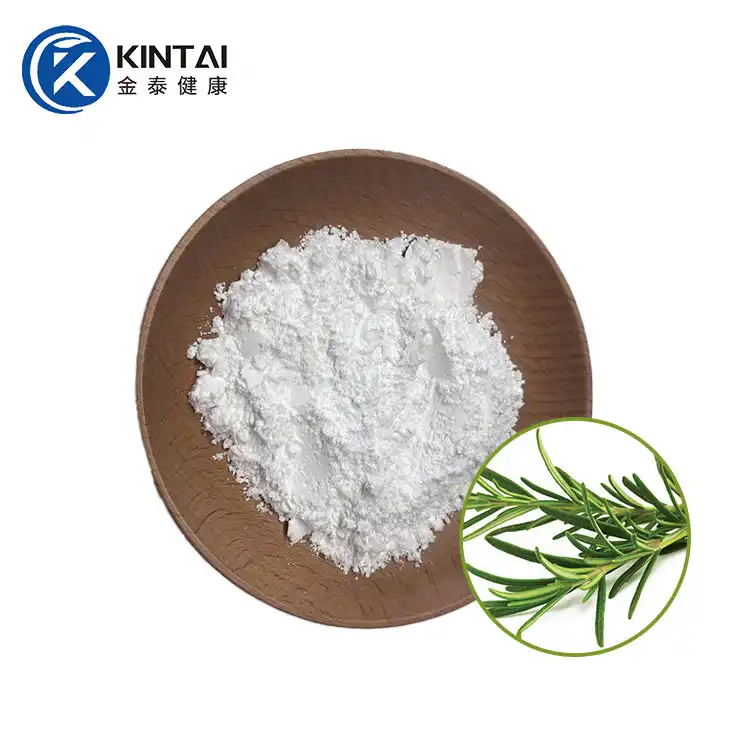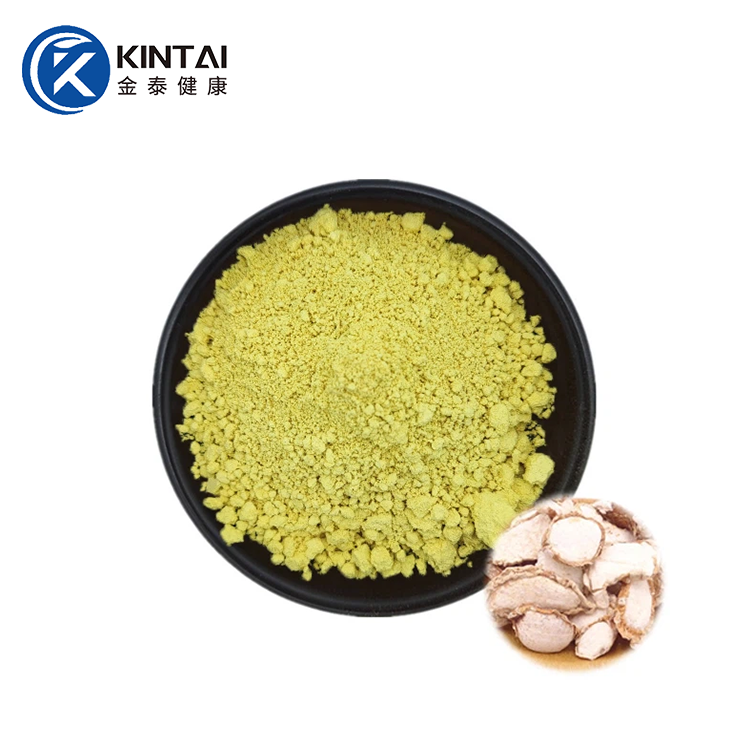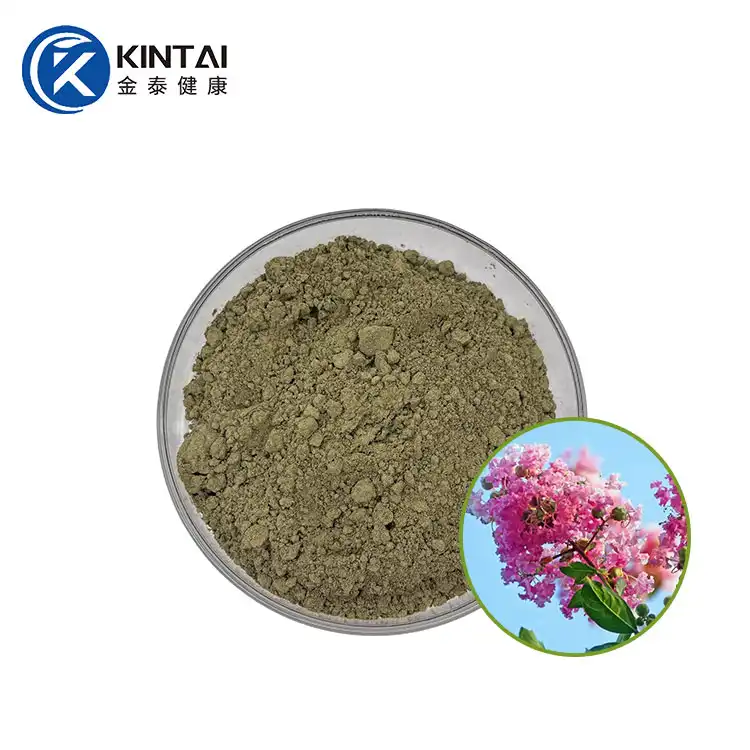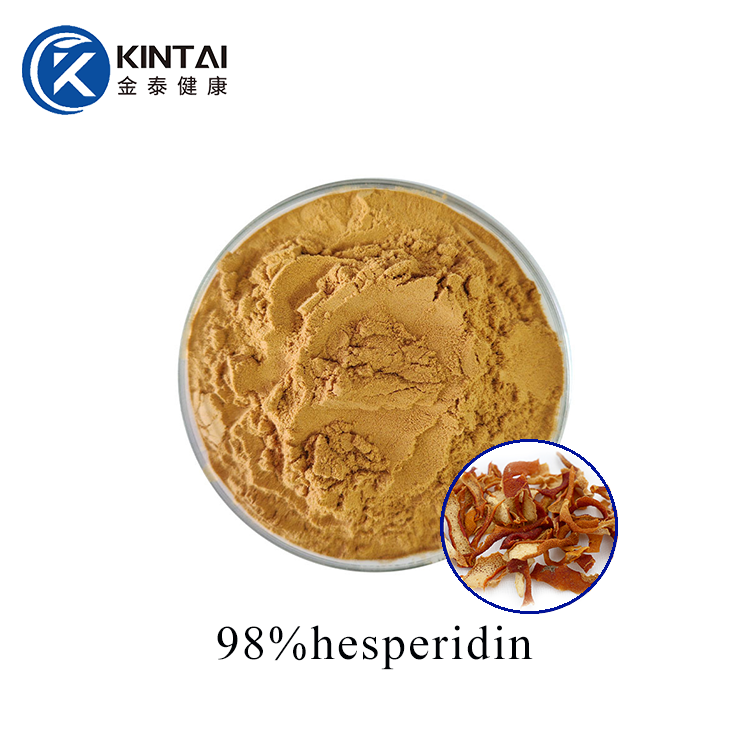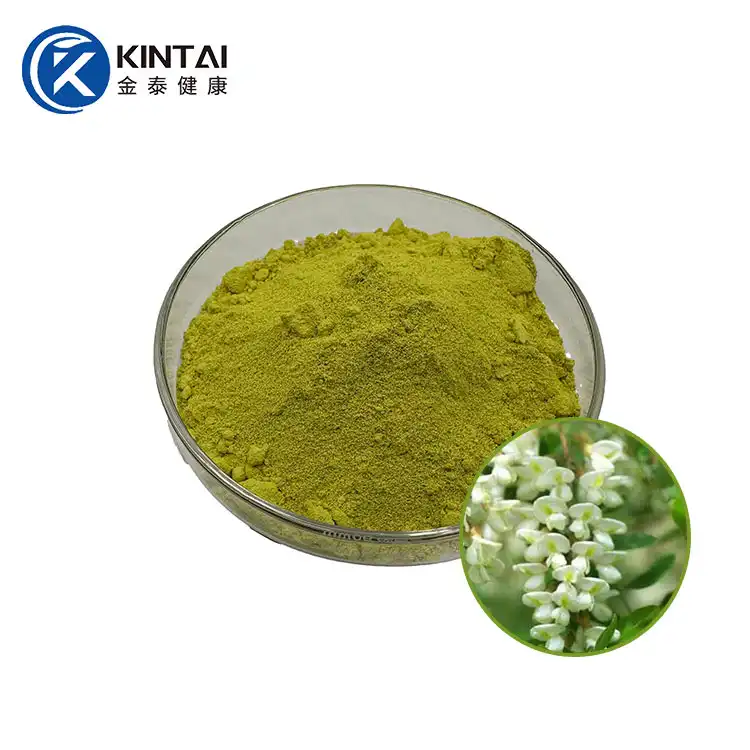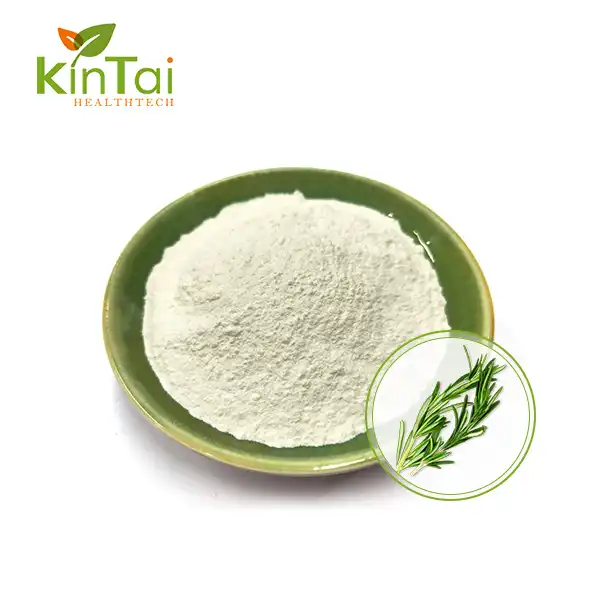Loquat Leaf Extract
Specification: 90%, 98%Ursolic acid, 5%-20% corosolic acid
Appearance:White powder(Ursolic acid)Brown green powder( corosolic acid)
Test Method: HPLC
Solvent Residual:≤50ppm
Delivery Time: Delivery within one day from warehouse
Shelf Life: 24 months
Payment: Multiple terms acceptable like T/T, LC, DA
MOQ: 1KG
Sample: Free sample available
Certs: GMP, ISO9001:2015, ISO22000:2018, HACCP, KOSHER, HALAL.
Storage: Store in a well-closed container away from moisture and direct sunlight.Keep in cool dry place
Payment: Multiple terms acceptable like T/T, LC, DA
Company Advantage:100,000 level clean production workshop, Non-additive, Non-GMO, Non-Irradiated/treat by heat only.
- Fast Delievery
- Quality Assurance
- 24/7 Customer Service
Product Introduction
Loquat Leaves Extract Manufacturer and Supplier
The main functional components of loquat leaf extract are triterpenoids, flavonoids, polyphenols, polysaccharides, and volatile oils.
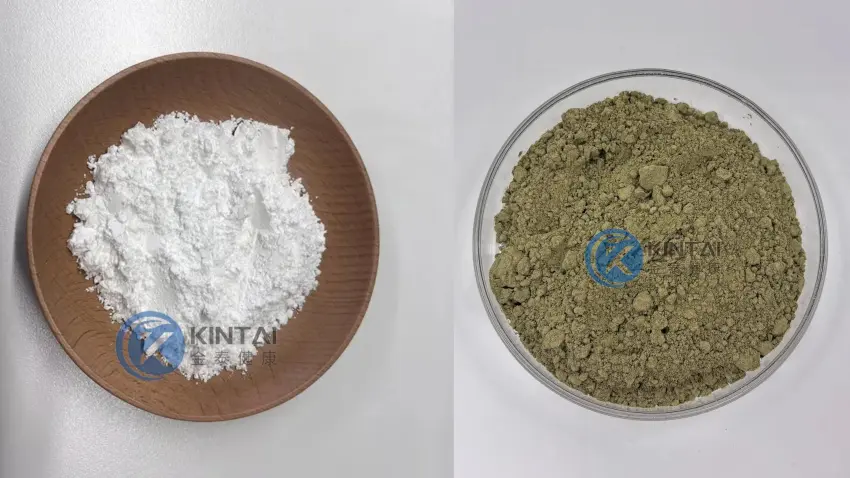
Healthkintai® uses high-quality loquat leaves and uses advanced technologies including supercritical fluid extraction to retain the purity and efficacy of the active ingredients in loquat leaves to the greatest extent.We have 90%, 98%Ursolic acid, 5%-20% corosolic acid extract from the loquat leaf.Therefore, it is mostly used in the pharmaceutical industry and food processing, with customers in more than ten countries around the world. Want to add loquat leaf extract to your products? Welcome to contact us to learn more!
KINTAI Loquat Leaf Extract Specifications
|
Product Name |
Specification |
Appearance |
|
Ursolic acid |
90%, 98% |
White powder |
|
Corosolic acid |
5%-20% |
Brown green powder |
Loquat Leaf Extract -Dosage
|
Application |
Recommended Dosage & Preparation |
Key Notes & Precautions |
|
Dietary Supplement (Oral) |
Typical Dose: 500 - 1000 mg per day, divided into 2-3 doses. |
Start with a lower dose to assess tolerance. The optimal dose depends on the extract's concentration (e.g., standardized for triterpenes like oleanolic acid). Consult a practitioner for personalized dosing. |
|
Tea/Infusion |
Dose: ½ to 1 teaspoon (approx. 1-2 grams) of powder per cup (240 ml) of hot water. Steep for 5-10 minutes. |
Ensure the powder is made from leaves that have had their irritating brown hairs removed. Straining is recommended. |
|
Topical Skincare |
Dose: No standard dose. |
Prized for its anti-inflammatory and antioxidant properties. Always perform a patch test on a small area of skin first to check for irritation. |
Interested?We'd love to send you a free sample! CONTACT US>>>
Effect and mechanism of Loquat Leaf Extract
Loquat leaves have been used in China for centuries. According to the Food Safety Law of the People's Republic of China and the Measures for the Administration of Safety Review of New Food Ingredients, loquat leaves have been approved as a new food ingredient and can be used in food production and processing. Research has shown that loquat leaves contain triterpenoids such as ursolic acid, oleanolic acid, and maslinic acid; polyphenols such as chlorogenic acid, quercetin, and rutin; as well as organic acids and polysaccharides. Previous studies by our research group have found that ursolic acid has the potential to alleviate sarcopenia. Other studies have also found that ursolic acid can exert anti-inflammatory or lipid metabolism-regulating effects through different pathways, such as regulating peroxisome proliferation activated receptor-α (PPAR-α) and its downstream targets such as sterol regulatory element binding protein-1c (SREBP-1c) and stearoyl-CoA desaturase 1 (SCD1) to affect the expression of lipid metabolism-related gene proteins, or increase muscle tissue fatty acid absorption and lipid consumption through the uncoupling protein 3/AMP-activated protein kinase (UCP3/AMPK) signaling pathway, thereby improving the body's lipid deposition.
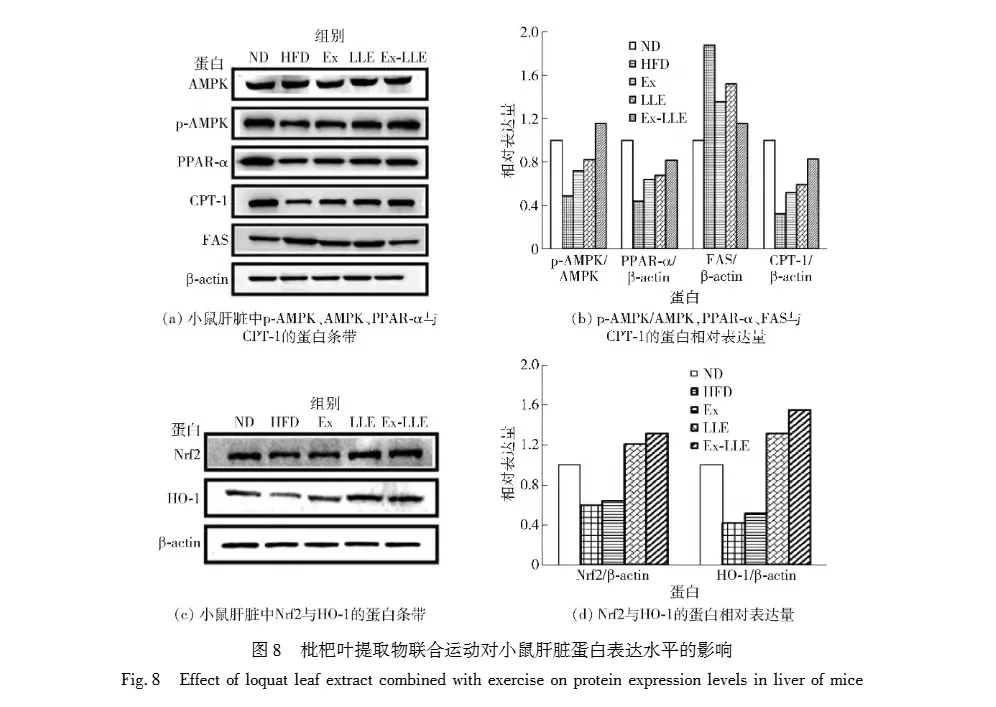
(reference:REN Yijing, HUANG Jian, ZHAO Lei, et al. Effect and mechanism of loquat leaf extract combined with exercise on lipidmetabolism in high-fat diet induced mice[ J] . Journal of Food Science and Technology, 2025,43(4) :35 - 49.)
Loquat Leaf Extract Benefits
1. Protects the Respiratory System
The saponins and volatile oils in its extract have been shown to effectively suppress the cough center, relieve bronchospasm, and thin sputum, promoting its passage. They can significantly relieve and treat coughs, sputum, and wheezing caused by colds, bronchitis, and chronic obstructive pulmonary disease.
2. Anti-inflammatory and Antibacterial
Modern pharmacological research has shown that the extract possesses broad-spectrum antibacterial and anti-inflammatory properties. The polyphenols and flavonoids in its extracts effectively inhibit a variety of common pathogens. Furthermore, it can reduce inflammation, providing a beneficial adjunctive therapeutic effect for respiratory infections and inflammation, helping the body more quickly resist and eliminate pathogens.
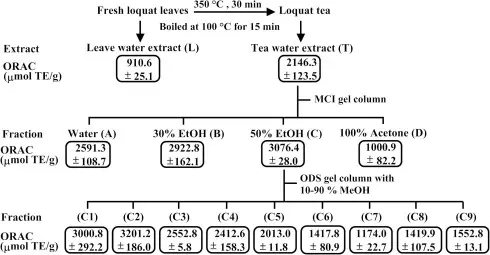
3. Antioxidant
Loquat leaves are rich in powerful natural antioxidants, including vitamins C and E, as well as various polyphenols and flavonoids. These substances effectively scavenge free radicals in the body and mitigate cellular damage caused by oxidative stress. Long-term consumption can help slow cellular aging, reduce the risk of chronic diseases caused by oxidative damage, such as cardiovascular disease and certain cancers, and maintain healthy skin from the inside out.
4. Assists in Lowering Blood Sugar
Triterpenoids and other components in loquat leaves have the potential to lower blood sugar levels. They can help regulate blood sugar levels through various pathways, including improving tissue glucose utilization, inhibiting gluconeogenesis, and protecting pancreatic beta cells.
5. Promotes Digestion
In traditional medicine, loquat leaves are slightly cold and bitter in nature. They enter the lung and stomach meridians, clearing stomach heat and relieving adverse qi. Their extracts can gently stimulate the secretion of digestive juices, relieving nausea, vomiting, loss of appetite, and stomach discomfort caused by stomach heat. They can also help regulate indigestion, a common problem among modern people due to dietary irregularities.

Uses of loquat leaf extract
1. Healthcare
This is the most traditional and core application area for loquat leaves extract. It is primarily used as a natural medicinal ingredient to treat respiratory illnesses such as acute and chronic bronchitis and coughs caused by colds. Its anti-inflammatory and antibacterial properties also make it suitable for use in lozenges and mouthwashes to relieve pharyngitis and laryngitis.
2. Functional Foods and Health Products
Thanks to its antioxidant and potential blood sugar-lowering effects, loquat leaf extract has been developed into a variety of health foods. Common forms include loquat leaf tea bags, solid beverages, and capsules for daily consumption, meeting people's daily health and wellness needs.
3. Cosmetics and Personal Care
The polyphenols and flavonoids in loquat leaves extract possess excellent antioxidant and anti-inflammatory properties, making it a favorite in the cosmetics industry. It is often added to products such as facial masks, serums, and creams, primarily to help with skin inflammation, soothing, and brightening, combating skin aging caused by oxidative stress.
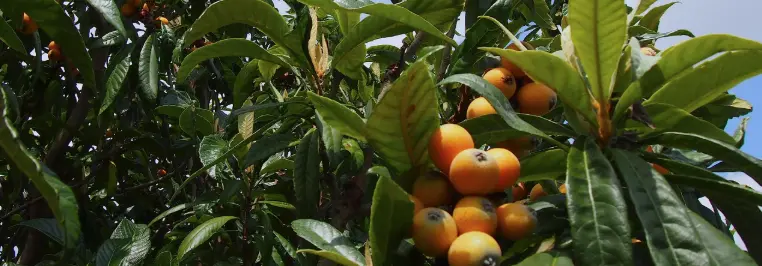
Interested?Contact us now!>>>
Why Choose KINTAI Loquat Leaf Extract?
1. Highly Active Ingredients
Kintai uses advanced low-temperature extraction to maximize the biological activity of core active ingredients in loquat leaves, such as ursolic acid and oleanolic acid. This extract is low in impurities and high in purity, ensuring stable and excellent efficacy in cough and phlegm relief, anti-inflammatory properties, and antioxidants, providing a solid guarantee for the ultimate effectiveness of customers' products.
2. Strong Customization Capabilities
Kintai not only provides standardized products but also offers specialized customized solutions tailored to specific customer needs. Whether it's addressing solubility and concentration requirements for different dosage forms (such as pharmaceuticals, health supplements, and cosmetics) or precisely controlling the ratio of specific ingredients, our R&D team can flexibly adjust processes to tailor-make the most competitive, exclusive raw materials for each customer.
3. Strict Implementation of High-Standard Production Systems
Kintai consistently adheres to international quality management systems, including cGMP, and has established strict traceability and quality control standards throughout every step of the production process, from GAP practices in raw material cultivation to production. We ensure that each batch of loquat leaf extract has high purity, safety and consistency, meeting the stringent requirements of domestic and international high-end markets and regulations, so that customers can use it with confidence.
FAQ
Q1: What are the main active ingredients in loquat leaf extract?
A1: Mainly includes ursolic acid, oleanolic acid, kaempferol, quercetin, corosolic acid and hesperidin, etc.
Q2: Can it be used in combination with other supplements?
A2: Yes, it can be used in combination, but consult with a healthcare provider to ensure compatibility.
Q3: Are there any known side effects?
A3: It is well-tolerated, but individuals with allergies to related plants should exercise caution. Mild gastrointestinal effects may occur in some cases.
Q4: Is the extraction source reliable?
A4: Yes, Kintai always insists on selecting the best loquat leaves from the source, which are free of pollution, pesticide residues and microbial residues.
KINTAI Certifications
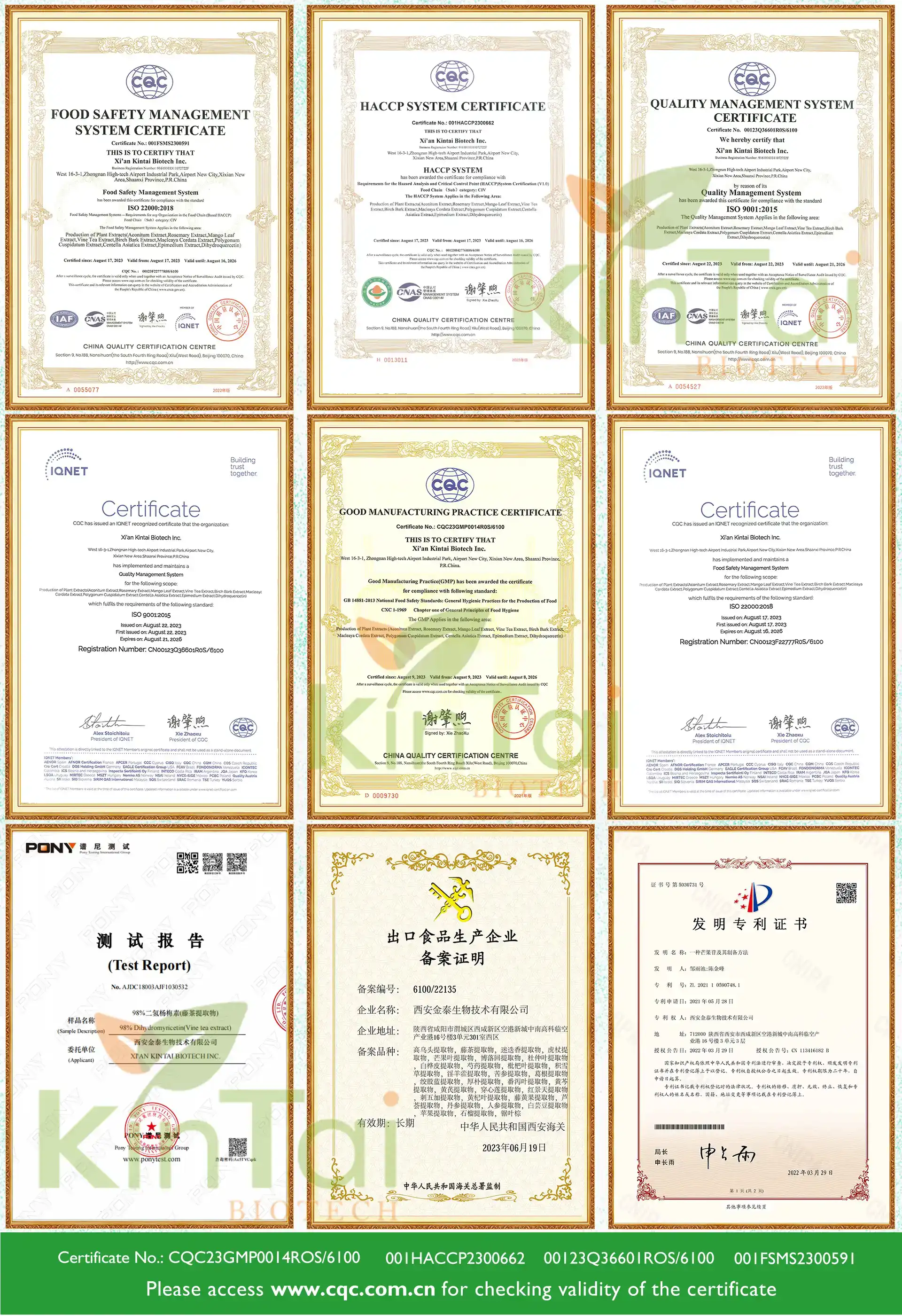
Send Inquiry
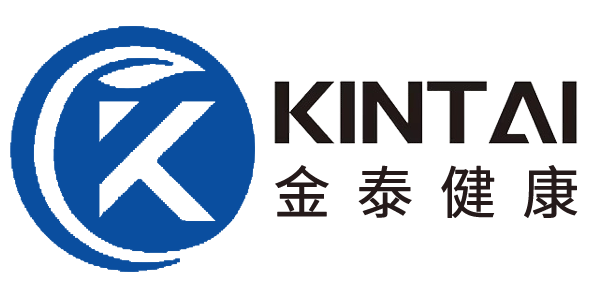
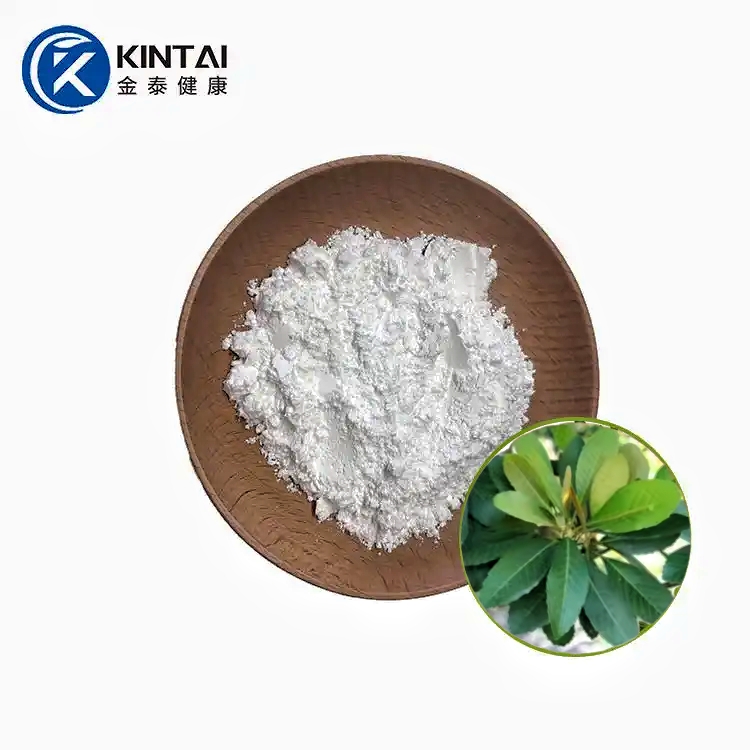
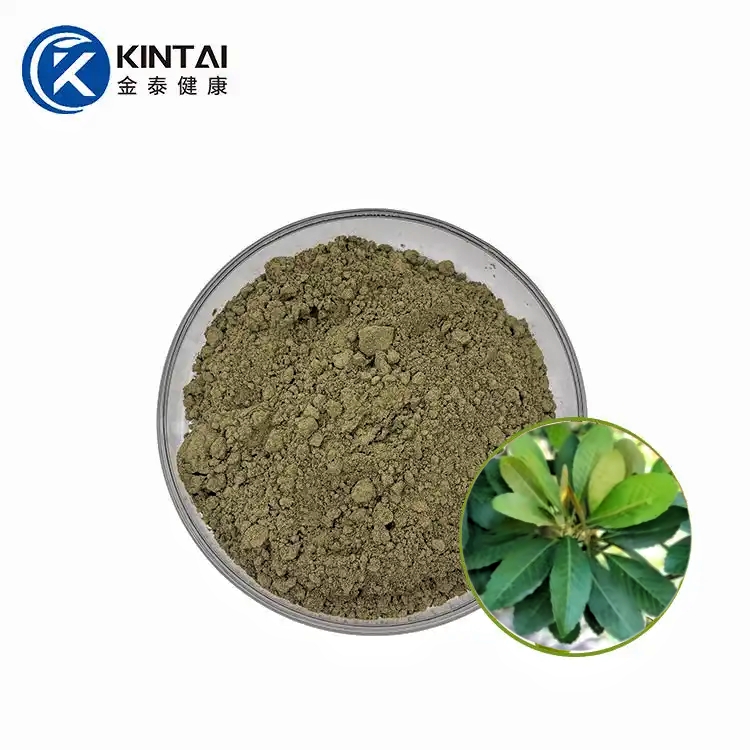
_1758014338432.jpg)
